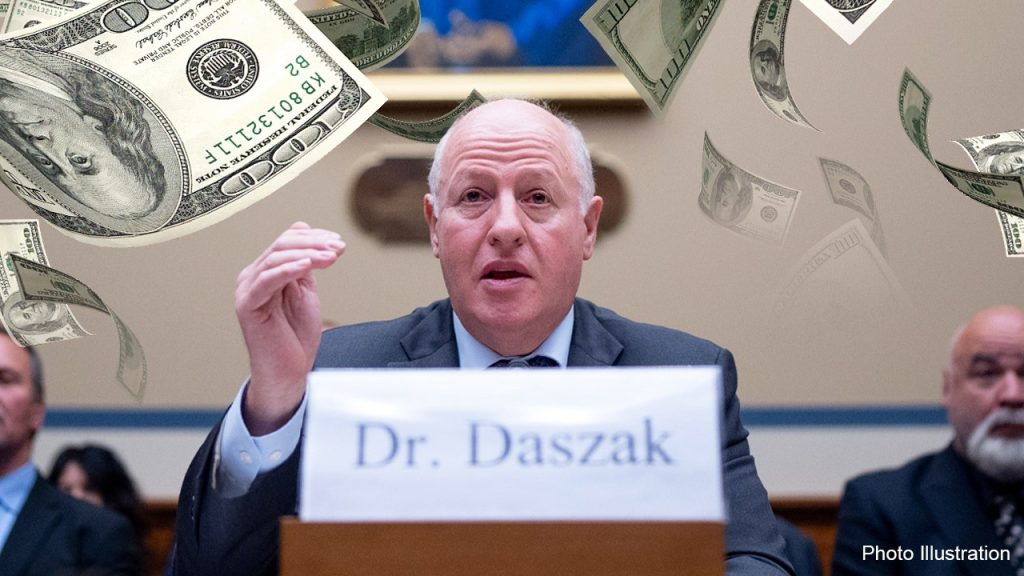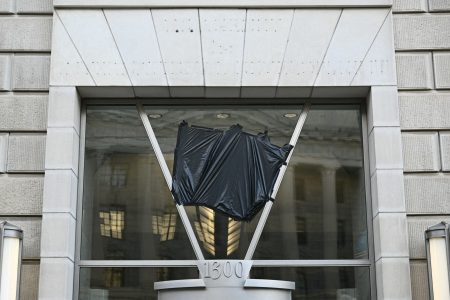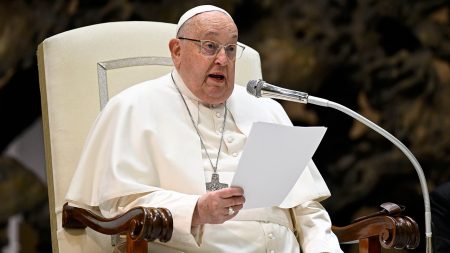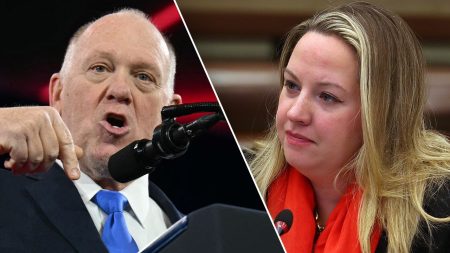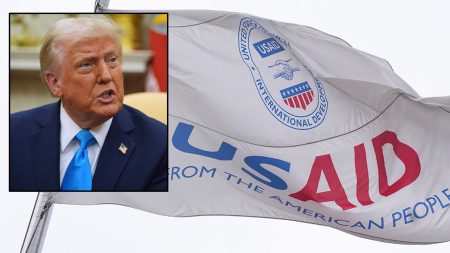The US Department of Health and Human Services (HHS) has taken decisive action against EcoHealth Alliance Inc. and its former president, Dr. Peter Daszak, imposing a five-year debarment that effectively blocks them from receiving federal funds. This significant penalty stems from allegations that EcoHealth failed to report dangerous gain-of-function experiments conducted in collaboration with the Wuhan Institute of Virology (WIV) to the US government. This research, which involved manipulating viruses to enhance their transmissibility or virulence, has been a subject of intense scrutiny, particularly in light of the COVID-19 pandemic. The HHS debarment notice underscores the seriousness of these alleged violations, emphasizing that such measures are necessary to protect US government interests and maintain public trust in federally funded research.
The debarment has been met with strong support from members of the House Oversight Committee, who have been actively investigating EcoHealth’s activities and their potential links to the origins of the COVID-19 pandemic. Chairman James Comer hailed the decision as a victory for the American people, denouncing EcoHealth and Dr. Daszak for their alleged misuse of taxpayer dollars to conduct risky research in China. This sentiment was echoed by Representative Brad Wenstrup, chairman of the Select Subcommittee on the Coronavirus Pandemic, who characterized Dr. Daszak as an unsuitable steward of public funds and emphasized the need to prevent future access to federal grants. The committee’s interim report, released in May 2024, detailed its findings of significant evidence indicating Dr. Daszak’s repeated violations of NIH grant terms, further fueling calls for accountability.
Central to the controversy is EcoHealth Alliance’s alleged failure to adhere to grant reporting requirements, specifically the submission of an annual research update, which was reportedly delayed by nearly two years. This omission raised concerns about transparency and oversight, prompting the House Oversight Committee to recommend the debarment of both EcoHealth and Dr. Daszak from receiving any further federal funding. The committee also raised concerns about the potential national security implications of EcoHealth’s research activities, particularly given the collaboration with the WIV, a Chinese research institution. These concerns, coupled with the alleged violations of grant procedures, formed the basis for the HHS’s decision to implement the debarment.
The five-year debarment, effective until May 2029, represents a substantial setback for EcoHealth Alliance, a research organization that has received nearly $100 million in federal funding since 2008. This significant sum underscores the scale of the organization’s involvement in government-funded research projects and the potential impact of the debarment on its future operations. The debarment also has significant implications for Dr. Daszak’s career, effectively barring him from participating in federally funded research for the duration of the penalty. This action serves as a strong deterrent against future non-compliance with grant regulations and underscores the government’s commitment to upholding rigorous standards for research conduct.
The case of EcoHealth Alliance and Dr. Daszak has ignited a broader discussion about the oversight of gain-of-function research and the potential risks associated with such studies. Critics argue that such research, which involves manipulating viruses to increase their infectiousness or lethality, carries inherent dangers and necessitates strict regulatory measures to prevent accidental or intentional release of modified pathogens. Proponents of gain-of-function research maintain that such studies are crucial for understanding viral evolution and developing effective countermeasures against emerging infectious diseases. The controversy surrounding EcoHealth’s research highlights the complex ethical and safety considerations surrounding this type of scientific inquiry.
The debarment of EcoHealth Alliance and Dr. Daszak marks a significant development in the ongoing investigation into the origins of the COVID-19 pandemic and the role of gain-of-function research. The HHS decision underscores the importance of transparency and accountability in federally funded research and sends a clear message that violations of grant procedures will not be tolerated. The case also raises broader questions about the appropriate level of oversight for gain-of-function research and the need for robust safeguards to mitigate potential risks. As investigations continue and further information comes to light, the implications of this case are likely to resonate within the scientific community and beyond.




